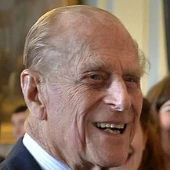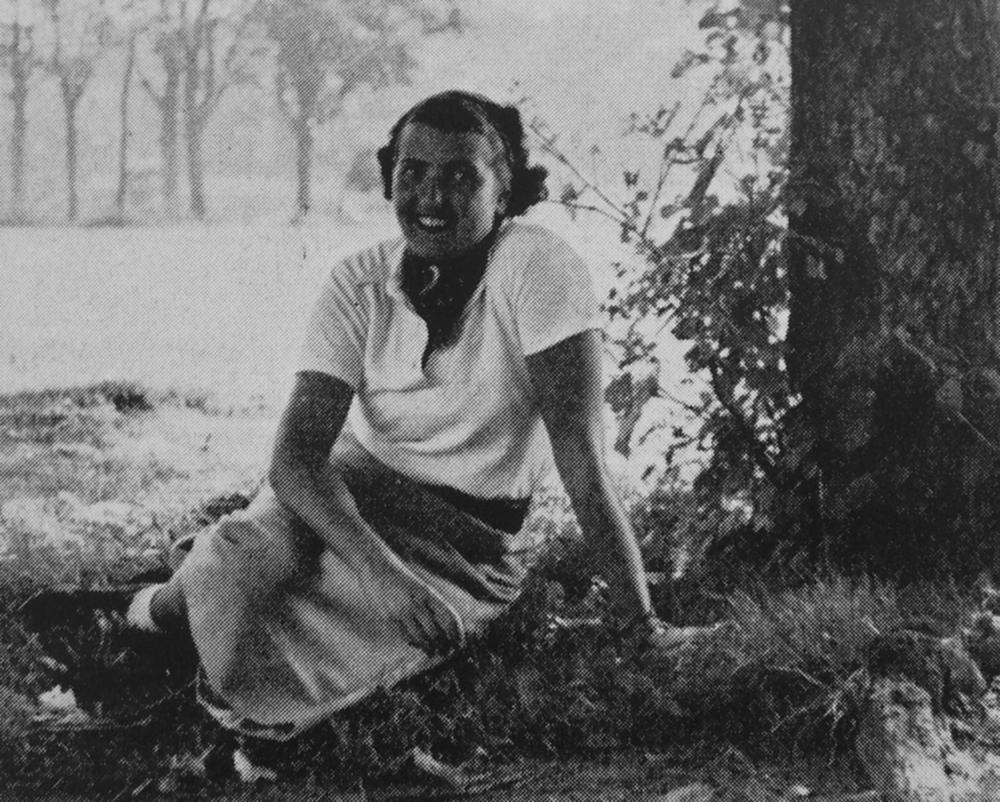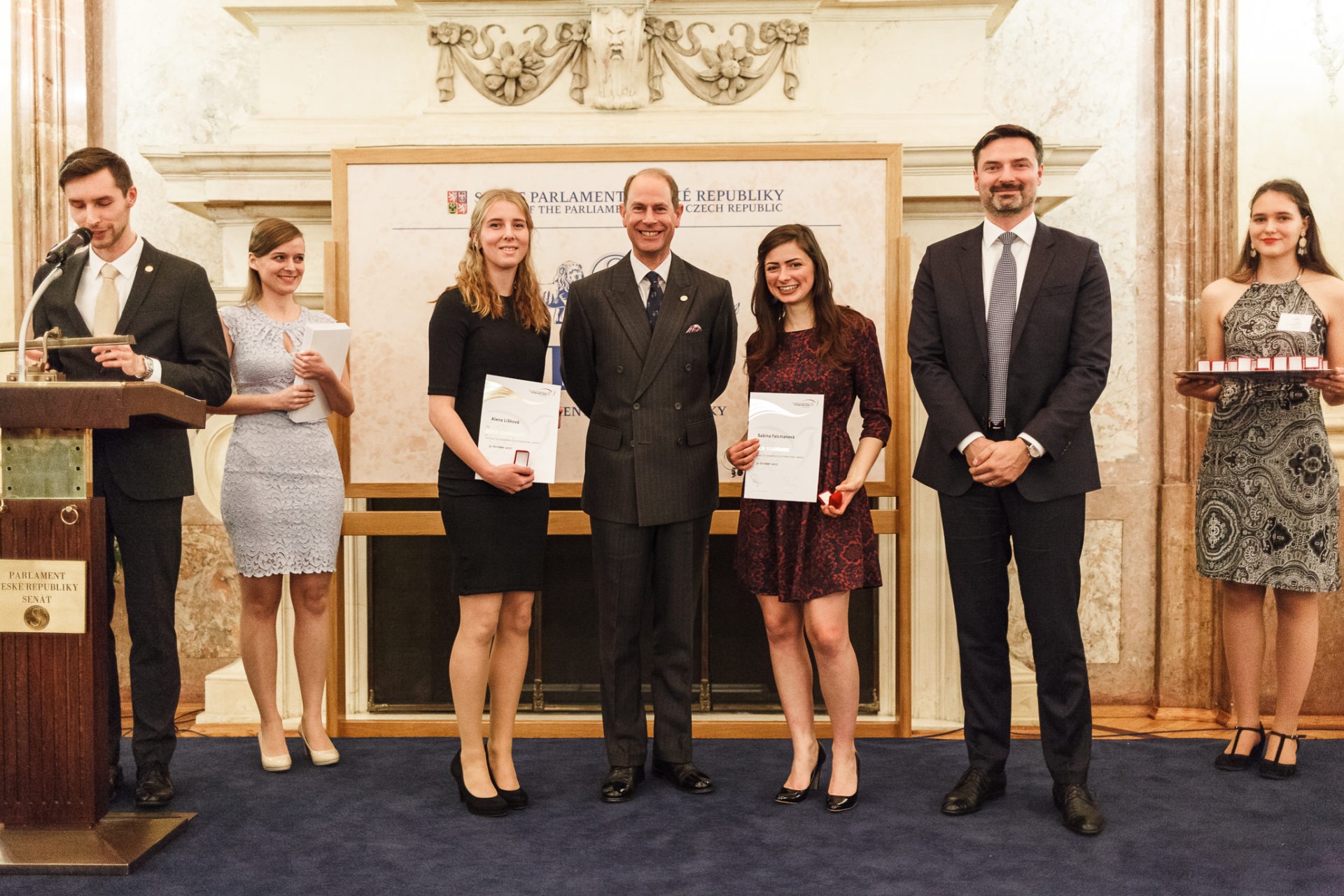History of DOFE: The Legacy of Prince Philip, Duke of Edinburgh
History The Duke of Edinburgh's International Award (DOFE) began to be written in Britain in 1956. The creation of this non-formal education programme for young people is based on Prince Philip, Duke of Edinburgh, husband of Queen Elizabeth II, along with Kurt Hahn and Lord Hunt.
From their vision was born an initiative that helps young people in their personal development. Today DOFE a globally recognized program that, under under the auspices of the British Royal Family continues the legacy of its founders.

Prince Philip
- Duke of Edinburgh and husband of Elizabeth II.
- In 1956, he founded DOFE together with Kurt Hahn and Lord Hunt
- Prince Philip: "When the program was test-launched in 1956, no one had much idea what it would become. But it was a very quick success, and since then the DOFE programme has continued to expand around the world."
- more about the history on the website World DOFE

Kurt Hahn
- German educator and politician
- emigrated to Great Britain because of his Jewish nationality
- promoter of experiential pedagogy
- founder of many educational institutions
- author of the content of the whole programme

Lord John Hunt
- British Army officer, mountaineer and special forces instructor
- leader of the first successful expedition to Mount Everest (1953)
- Queen Elizabeth awarded him a baronetcy for his services in the field of work with young people
DOFE: From Britain to the Czech Republic (Czech Republic)
The DOFE programme was born as a means to support the self-development of young boys. It was, and still is, for everyone, regardless of their background, physical abilities, skills or interests. As early as 1958, it was opened to girls and began to spread around the world.
In 1988, the The Duke of Edinburgh's International Awards Association (IAF)which ensures the quality and expansion of the programme worldwide. Today, DOFE operates in more than 130 countries worldwide.
DOFE brought to the Czech Republic First Republic golf champion, Lady Luisa Abrahams. In 1995, under the auspices of the Ministry of Education, Youth and Sports, the programme was launched under the name EDIE in 30 institutions, mostly secondary schools. A year later, the DOFE National Office was established.


In 2013, with the change of the programme's name to the Duke of Edinburgh International Award, the new Czech office of DOFE based in Prague.
The Czech Republic was the first country within DOFE to adopt the new visual identity of the programme. This step was also supported by Prince Edwardthe youngest son of Prince Philip, the founder of the programme. Prince Edward is Chairman of the IAF Board of Trustees.
DOFE is also supported by important Czech personalities, such as adventurer Jakub Vágner, journalist Dan Přibáň or fashion designer Tatiana Kovaříková and others.
The programme has already Thousands of young people from the Czech Republic have passed through hundreds of registered DOFE centres. Both are still increasing in number. In 2019, the National Office was renamed National DOFE Center.
